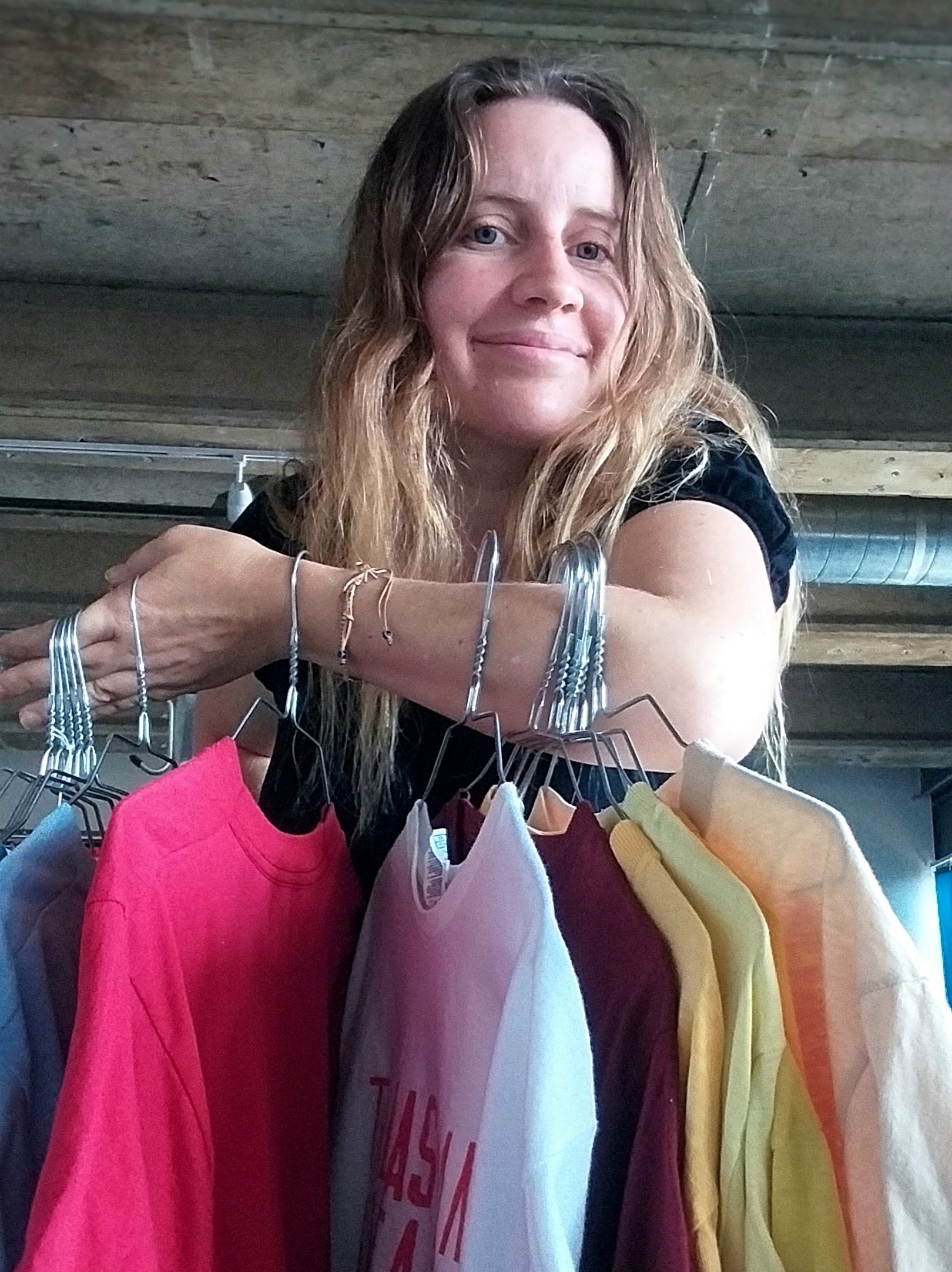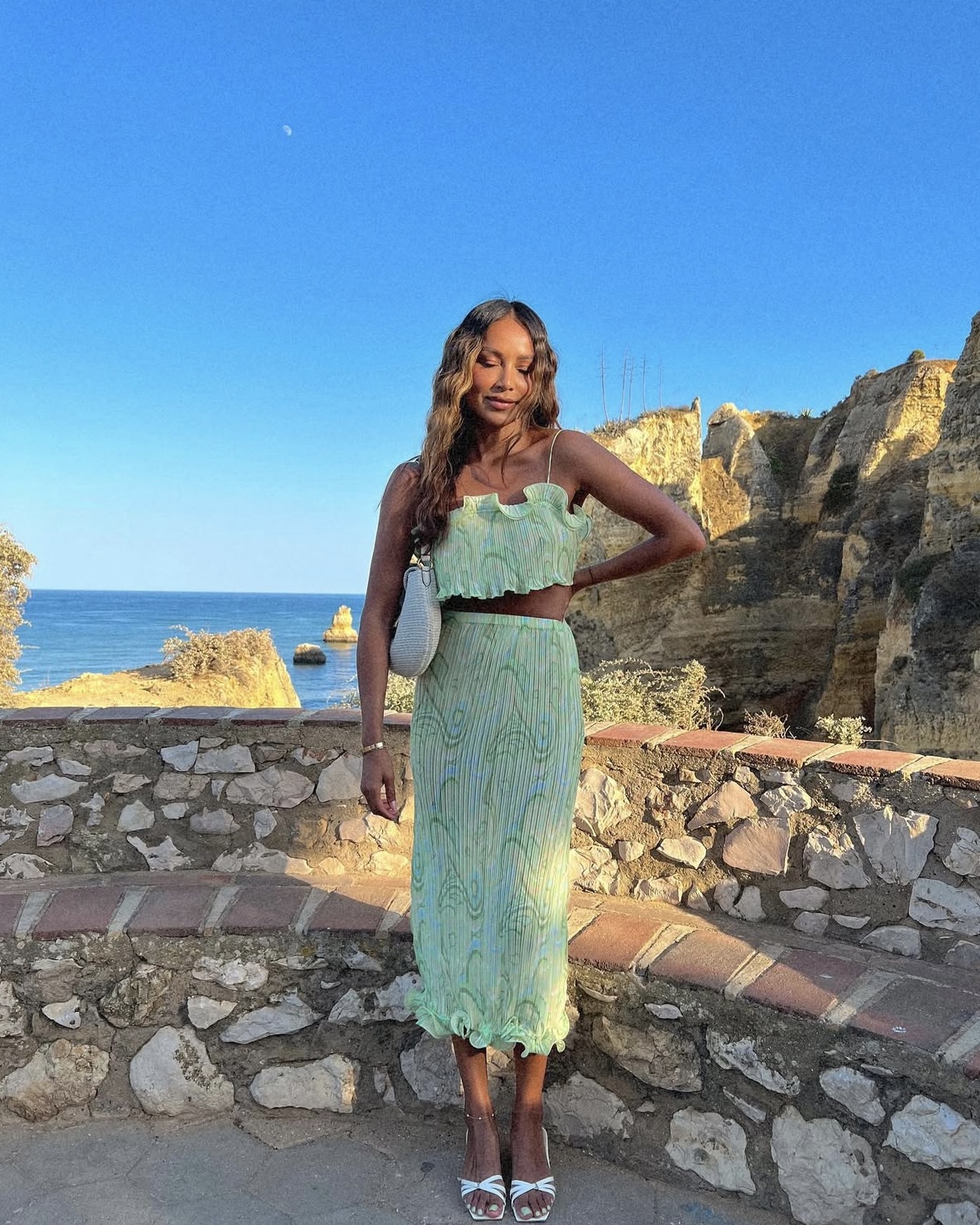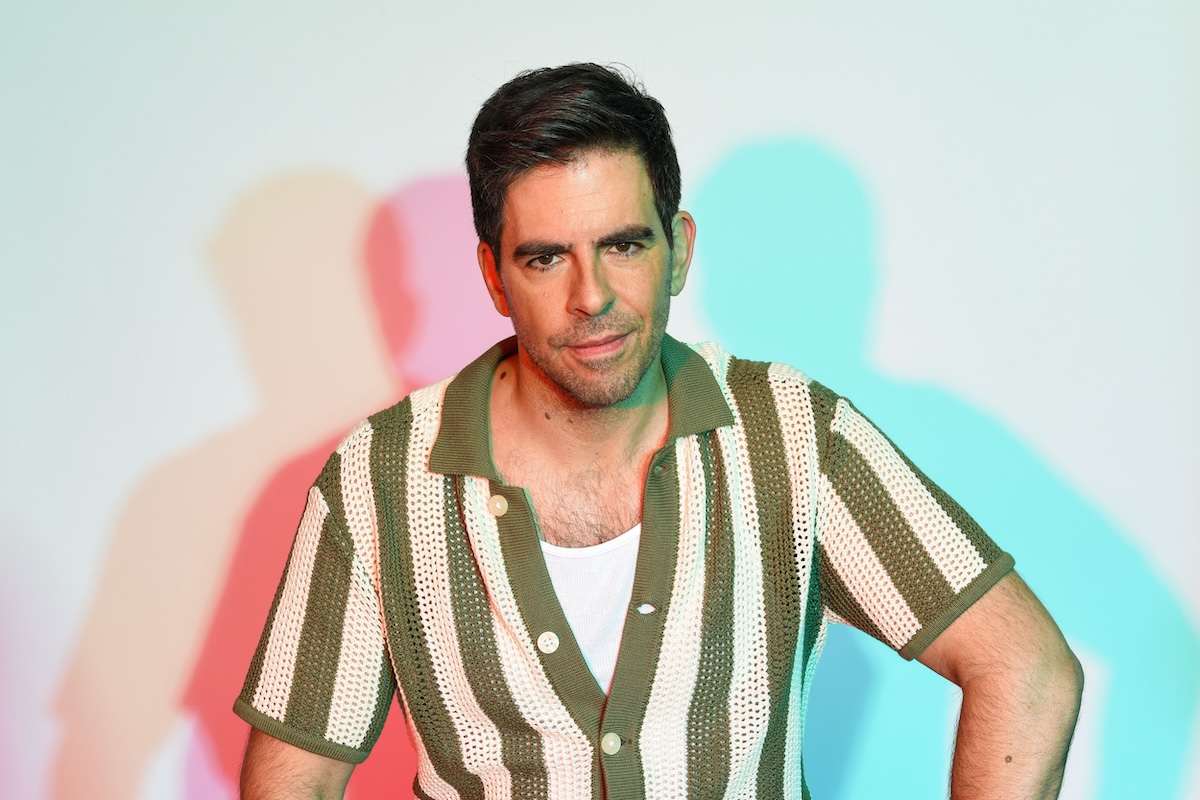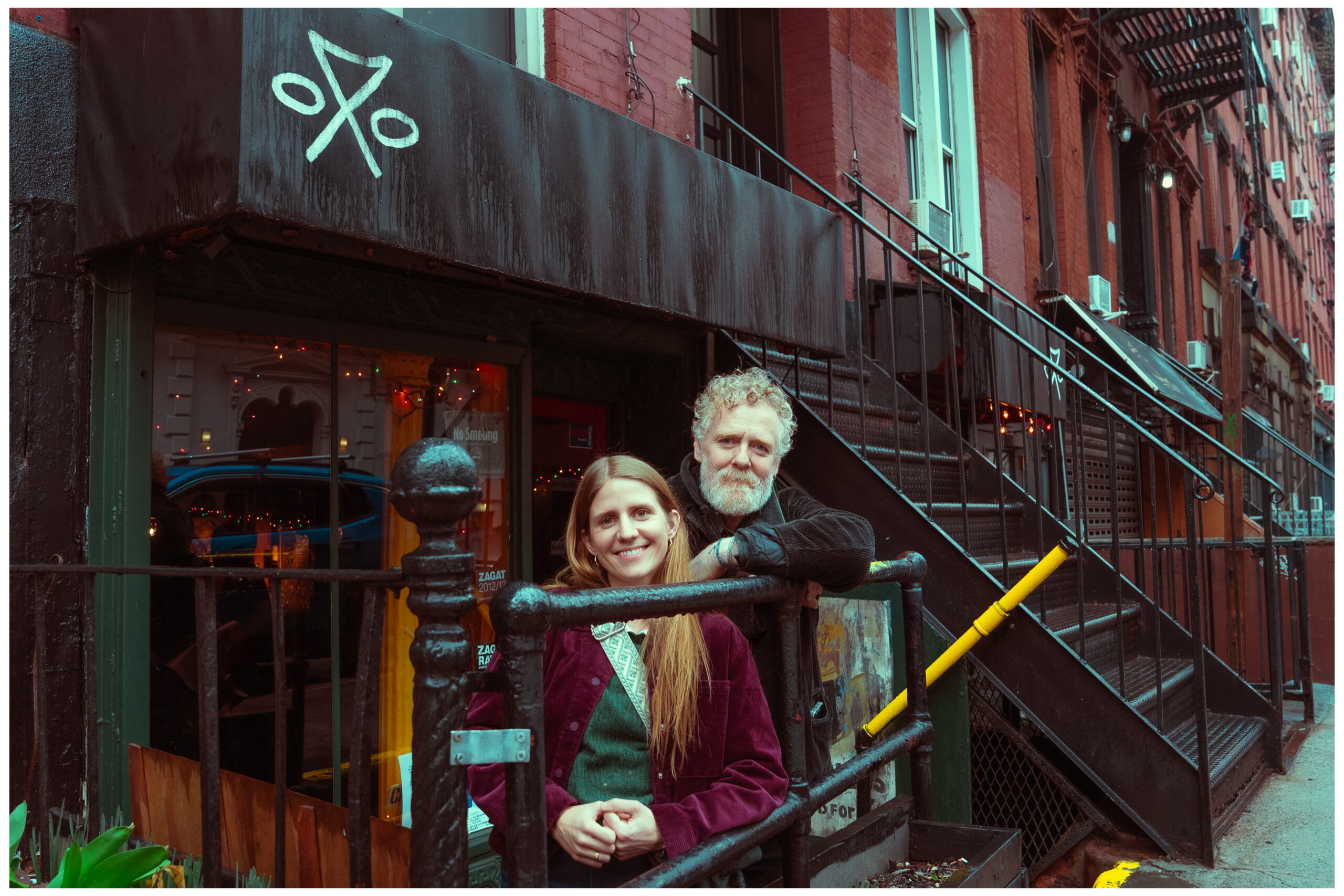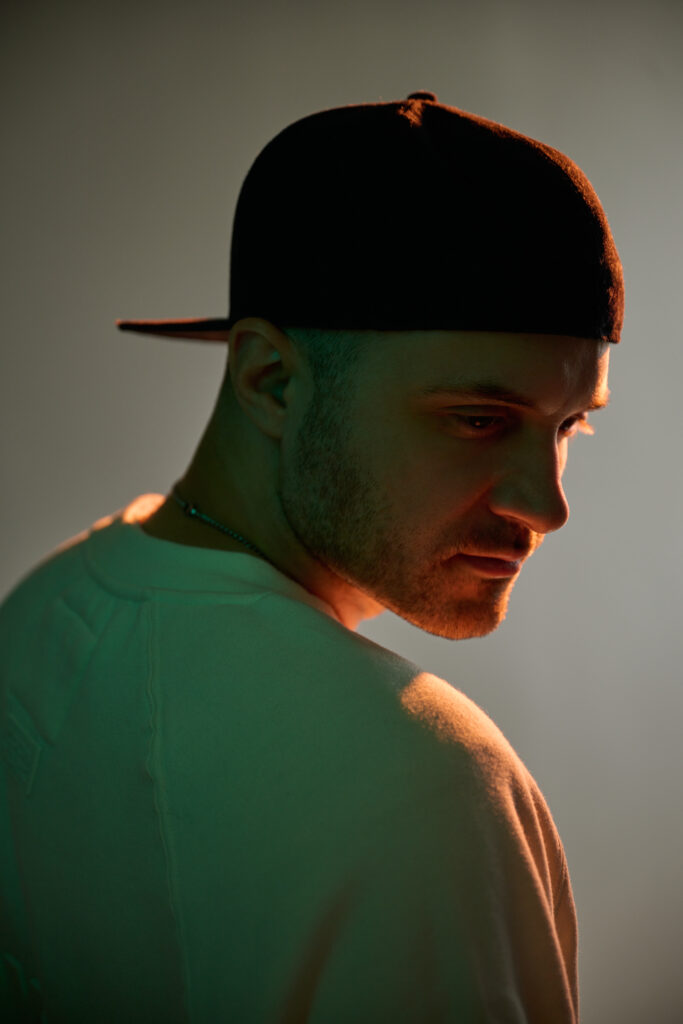Bodies, Babies and Birth Control in April and All We Imagine as Light
At a time when access to birth control and abortion is banned, restricted or under threat around the world, work by Dea Kulumbegashvili and Payal Kapadia highlights the necessity of safe options for pregnant people. The post Bodies, Babies and Birth Control in April and All We Imagine as Light appeared first on Little White Lies.

There is a monster lurking on the edges of Dea Kulumbegashvili’s April. A half-moulded figment with neither eyes nor mouth hangs on the edges of the film’s early scenes, a harbinger of ugly, impending violence. Such a monster channels the inexpressible anxiety that sits trapped and screaming in our protagonist Nina’s (Ia Sukhitashvili) body. Her fear is a complicated network of nerves and triggers, tugging on her organs, rendering her senseless. Her fear is an unborn baby, barely alive and yet threatening her existence. In that first scene, we watch the creature stalk across the screen, while the sound of children’s play echoes across the shiny black set. The friction between the ominous image and the familiar sound is where the film lives, a cacophony of conflicting impulses; horror next to joy, beauty next to mess, blooming fields of flowers next to houses crammed with abuse.
April is the second of Kulumbegashvili’s feature films. Both this and her first film, Beginning, are set in Georgia, quietly observing a complicated woman’s fraught life. While Beginning follows Yana (also Ia Sukhitashvili), an actress turned married Jehovah’s Witness missionary and mother, April’s Nina is single and free of children, and as such, her life is directed by her work as an OB-GYN. Kulumbegashvili immediately immerses us in the rigours of her career, plunging us into the rough month she’s enduring at her hospital, kicked off with the delivery of a stillborn baby. In its bloody wake, one irate father threatens to sue Nina for incompetence, intimating that her practice of illegally administering abortions may reflect poorly on the final ruling. He spits in her face and she blinks back.
In Georgia, abortion is legal within the first 12 weeks of pregnancy, but any healthcare provider is allowed to deny such a request. Despite the legality of its practice, the majority of Georgians are not in favour of abortion, with a 2017 Pew Research Center report highlighting that only 10% of Georgians believe “abortion should be allowed in all or most cases”. Such behavioural trends are hard to attribute to a single thing, but the prevalence and popularity of Eastern Orthodox Christianity (with 83.4% of the population part of the church, according to the 2014 census) is no doubt a meaningful factor. Besides Romania and Armenia, Georgia had the highest percentage of devout respondents, who associate morality exclusively with Godliness.
Such a staunchly religious worldview is an obstinate worldview, one that refuses to bend in the blustering winds of human experience. In both of Kulumbegashvili’s projects, the camera reflects this, remaining steady and unfaltering, intrigued but reserved. Late in the film, when Nina is forced to recreate the steps she took in the aforementioned stillbirth, Kulumbegashvili trains the camera on the back of her neck, an impassive stretch of blank skin beneath her blunt bob. It is an astonishingly simple shot to thematically pair with the grim footage of the real life birth that they are revisiting, but both are interested in the ways by which our bodies might unconsciously betray us, in life, in work, or in pregnancy.
Nina’s cold, calculated career is granted some warmer texture in a late character moment. Khadija is a 16-year-old patient, married but desperate to avoid getting pregnant and scared to admit it. After a few cursory questions, Nina ascertains the concerning shape of her new sex life (with an over-eager husband not keen to hear Khadija’s worries) and curtly asks “Khadija, do you want to be a mother? Really?” She barely responds before Nina rustles in a cabinet offscreen and then moves to sit beside her, proffering birth control. From the examination table, to the doctor’s desk, the room is filled with shapes the two have made, patterns of trust for the camera to follow.
There’s a markedly similar moment in the softer, more intimate All We Imagine as Light. Payal Kapadia’s second feature length film follows two women as they wade through relational strife in Mumbai all the while maintaining their work in a bustling hospital. Early on, there is a short scene where Anu (Divya Prabha), a rebellious trainee nurse, is sitting at reception offering contraceptive advice to a young mother. The anonymous mother is saddled with children who peer curiously over the top of the counter. “How old are you?” Anu asks, slouched over a form. “24…no, no, 25,” the mother corrects herself. She’s so young, and already so tired.
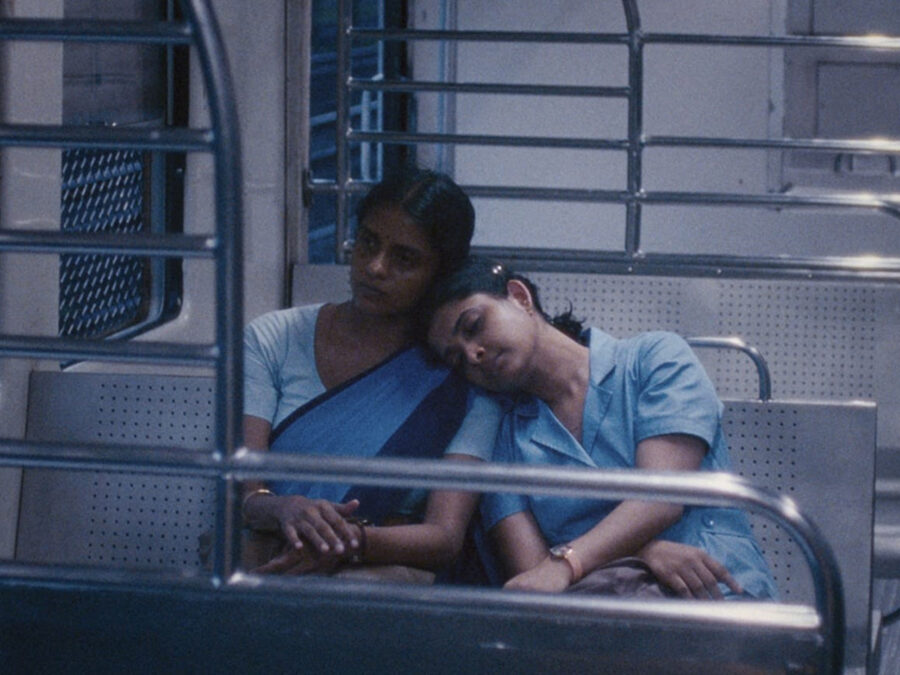
The camera then settles on Anu’s features, at first filled with eye-rolling dismissal and then concerned enough to help stem the flow of chaos in this woman’s life. Anu grabs a pack of birth control pills and slides them across the desk. “How much?” The mother inquires cautiously, Anu shrugs the question away. We will never see that young mother again. Both All We Imagine as Light and April are about healthcare, how meaningful it can be to have another person across from you, helping to keep you here and living, rather than just alive. These movies are intrigued with how natural that impulse is, how hard it is to actualise, and the tension therein.
In 2022, the US Supreme Court overturned Roe vs. Wade, a 1973 ruling that ensured women had the right to seek out abortions in all 50 states. Since then, 19 states have banned abortion or offer only limited access to the procedure. With near immediate effect, horror stories of desperate women seeking abortions rolled in, which has done nothing to sway the increasingly far-right political establishment.
After receiving news that one of the young women Nina had performed multiple abortions on has died (murdered by the woman’s own father who impregnated her), Nina is then plunged into a meeting with the parents of that early stillborn baby. Mother and father are perched on the sofa, while three doctors (Nina included) are arranged in an indiscernible pattern across the room. The same superior who confronted Nina with the devastating news moments before muses that “perhaps God sends us hardships so we learn how to overcome despair”. No one has any time to process this blandly philosophical statement – how it applies to each of them, both separately and together, before a bird careens into the window and the screen cuts to black. Once again nature interrupts Kulumbegashvili’s film with its cool indifference, providing a dramatic end to the conversation and, in another sense, a way out of forcibly re-litigating a past that can’t be changed. A horrible path into the future.
In 2019, abortion was decriminalised across the north of Ireland – where I’m from. Religious factions united in opposition, assembling under the banner March For Their Lives. Having grown up in the very same religious, conservative corners that clung to this pro-life stance, I saw dozens of posts from people there, flashes of silent marching and raised torches across social media. It was frustrating and disorienting to see so many people I knew congealed around the banner reading “We were not asked. They cannot speak.”
Abortion access forces us to confront why and how we hold one another back from leading full, unencumbered lives. When I hear that 2019, pro-life phrase now (“We were not asked. They cannot speak.”) I think of the young mother in All We Imagine as Light or Khadija in April, women who seem bewildered by the cruel shape their lives automatically seem to adopt. And I think of Nina and Anu, women who betrayed the systems they’re part of to offer life-saving, life-giving help.
The post Bodies, Babies and Birth Control in April and All We Imagine as Light appeared first on Little White Lies.





![‘Predator: Badlands’ – Dan Trachtenberg Previews His “Big, Crazy Swing” [Interview]](https://bloody-disgusting.com/wp-content/uploads/2025/04/image-26.jpg)














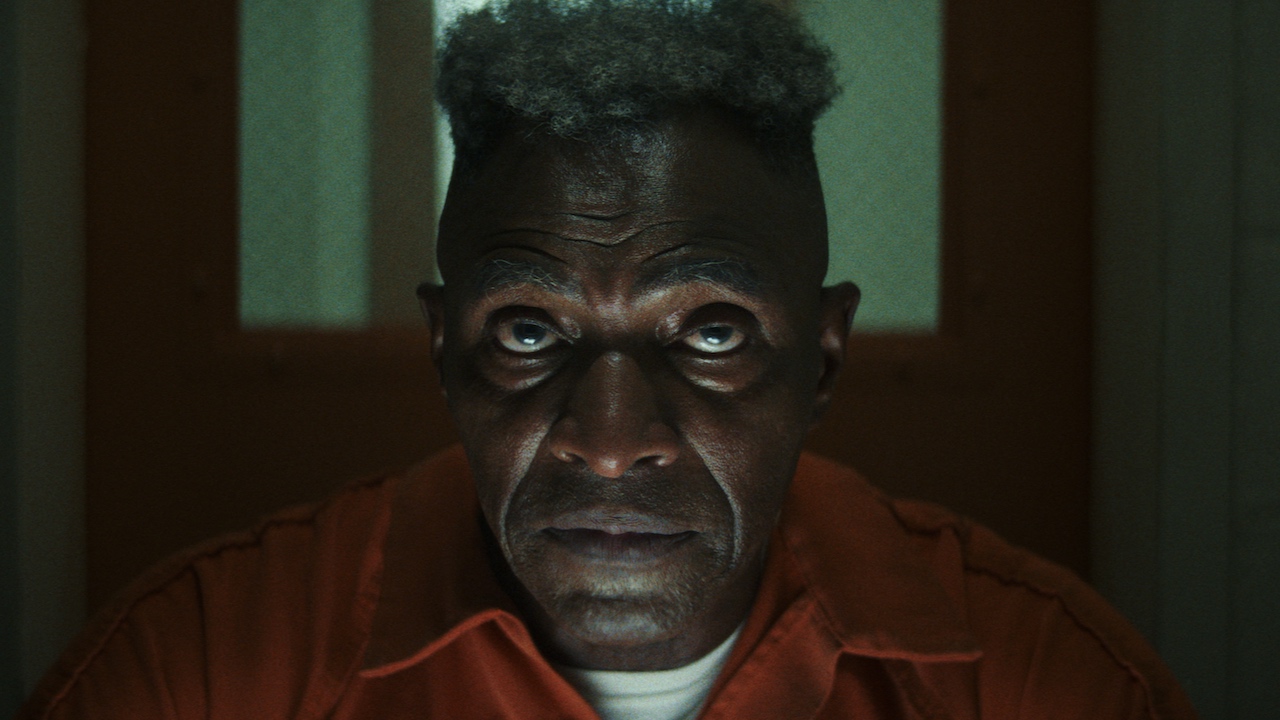






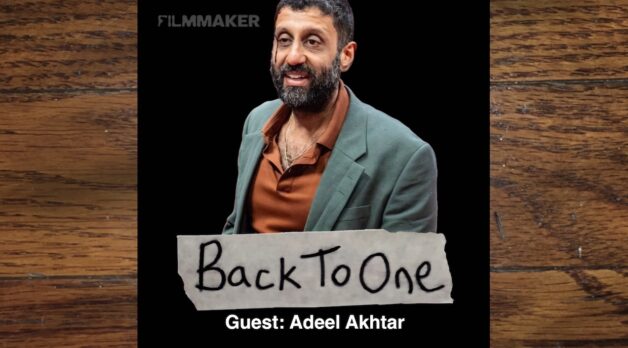
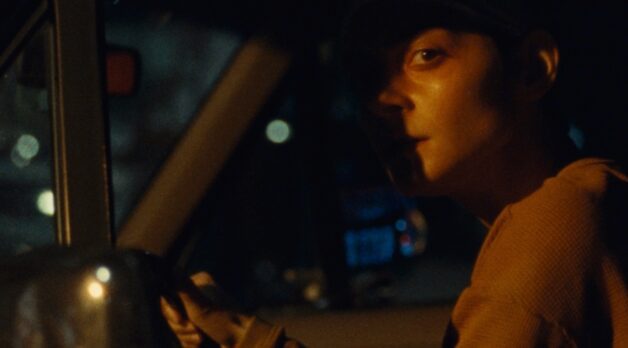
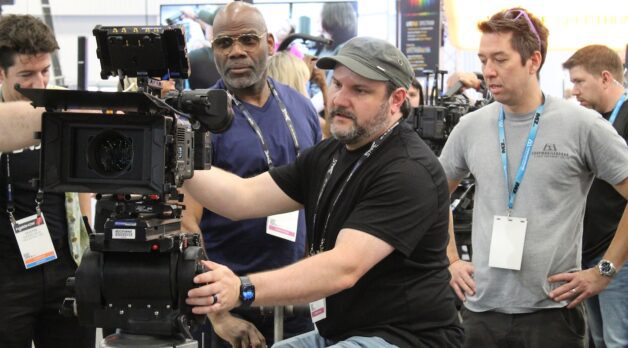









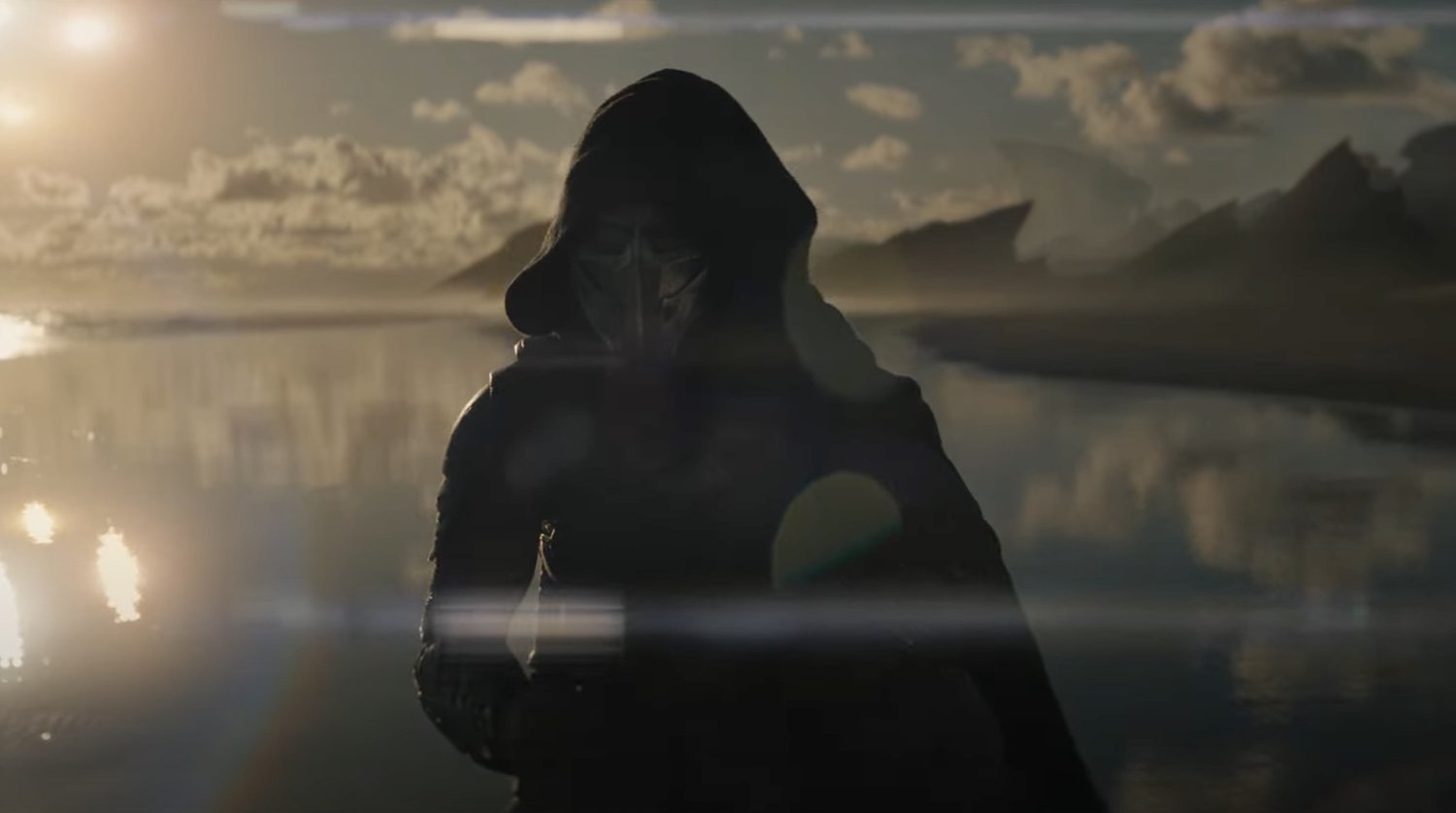
















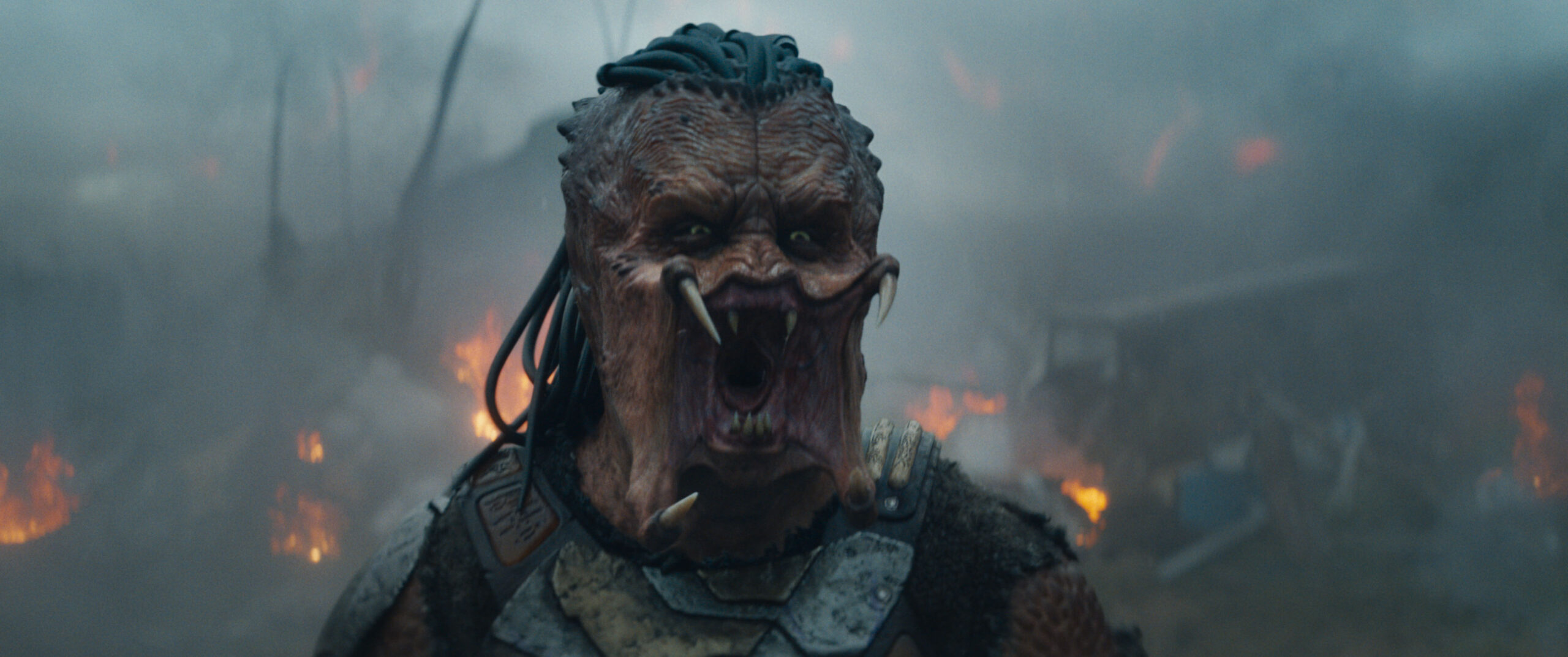
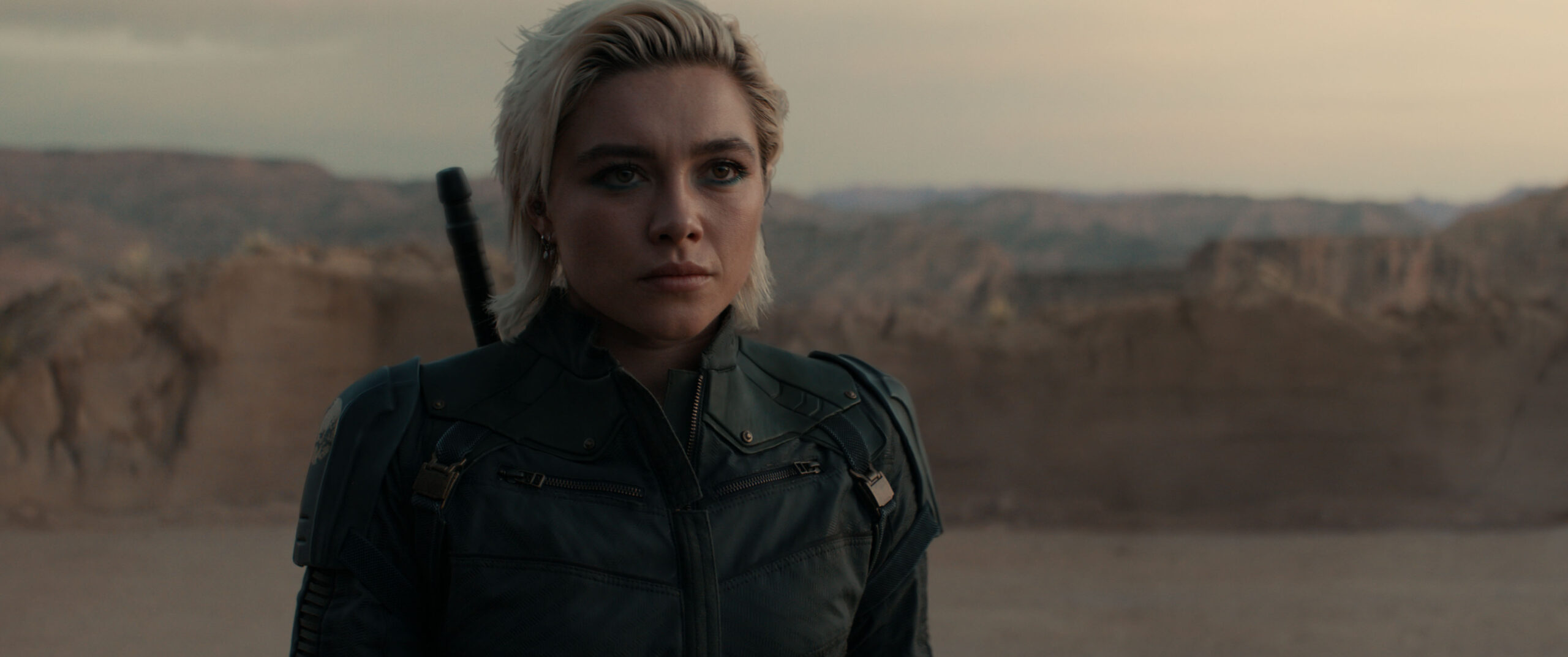

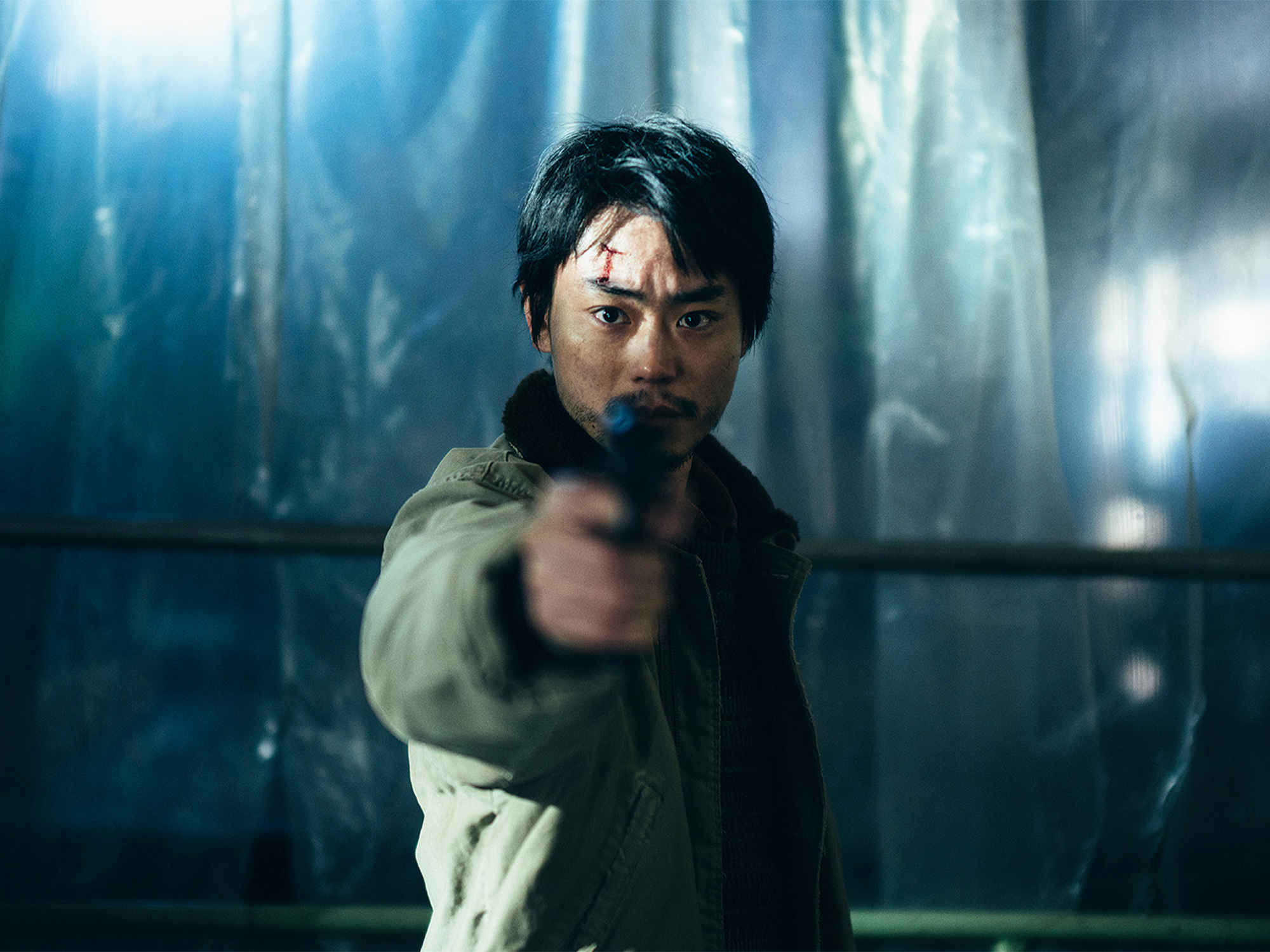










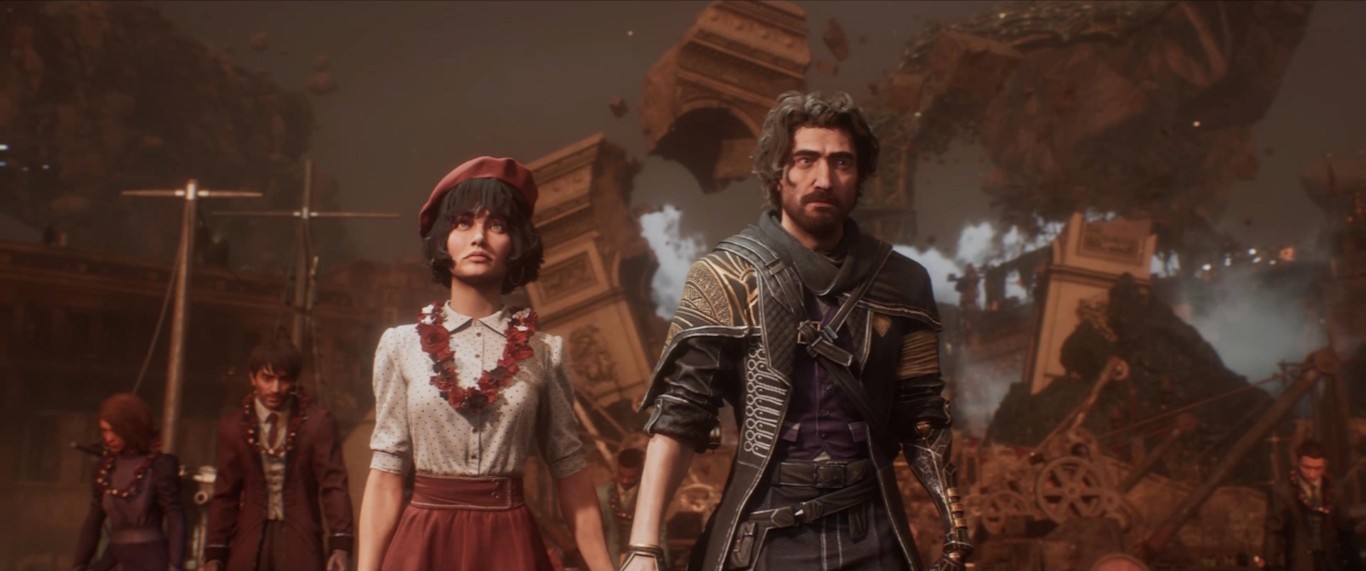







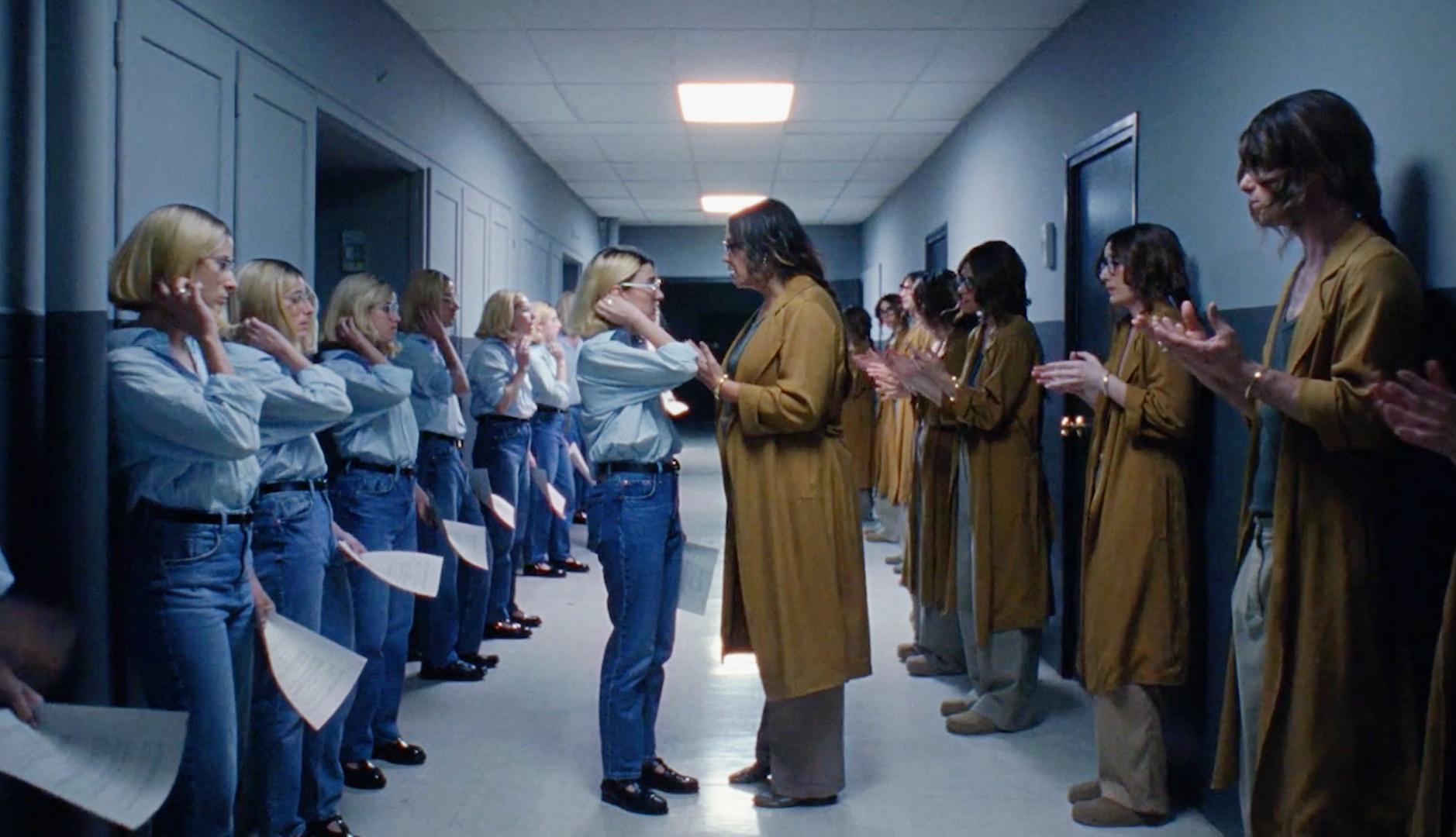
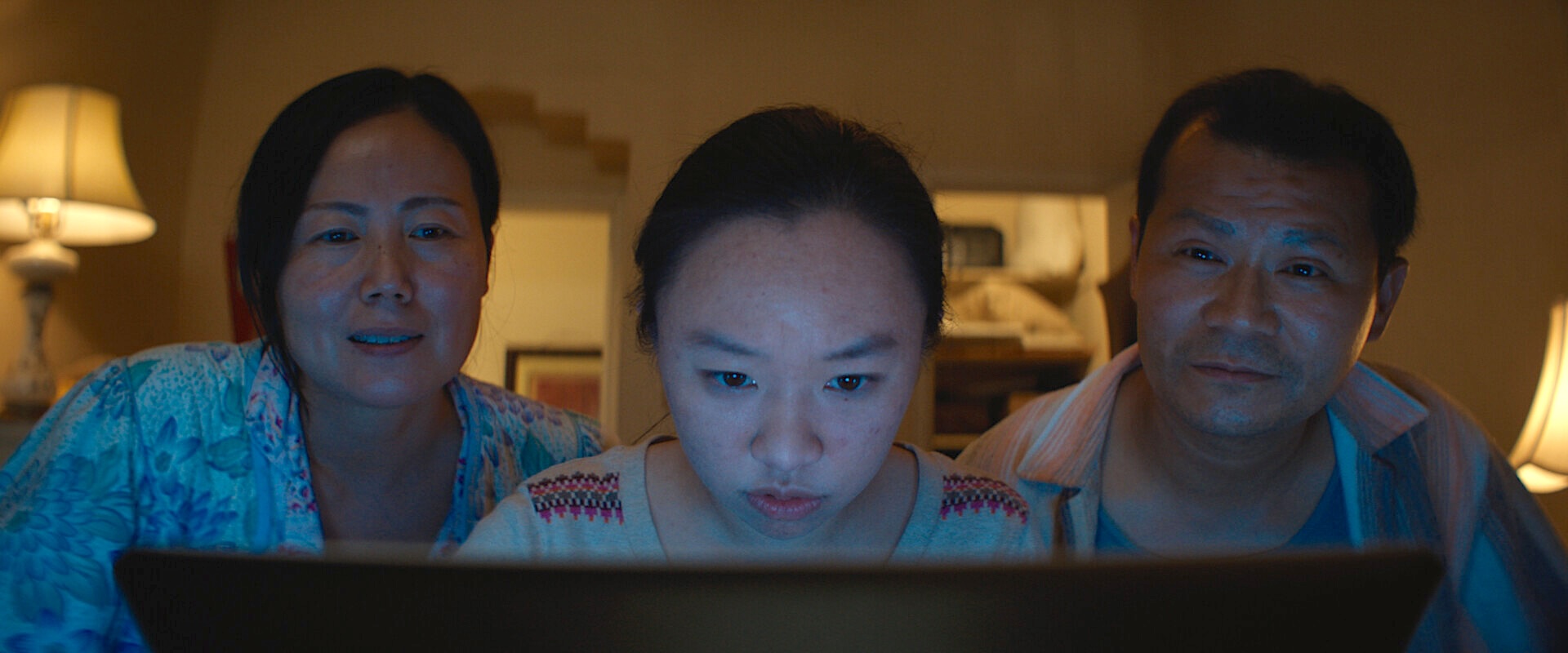

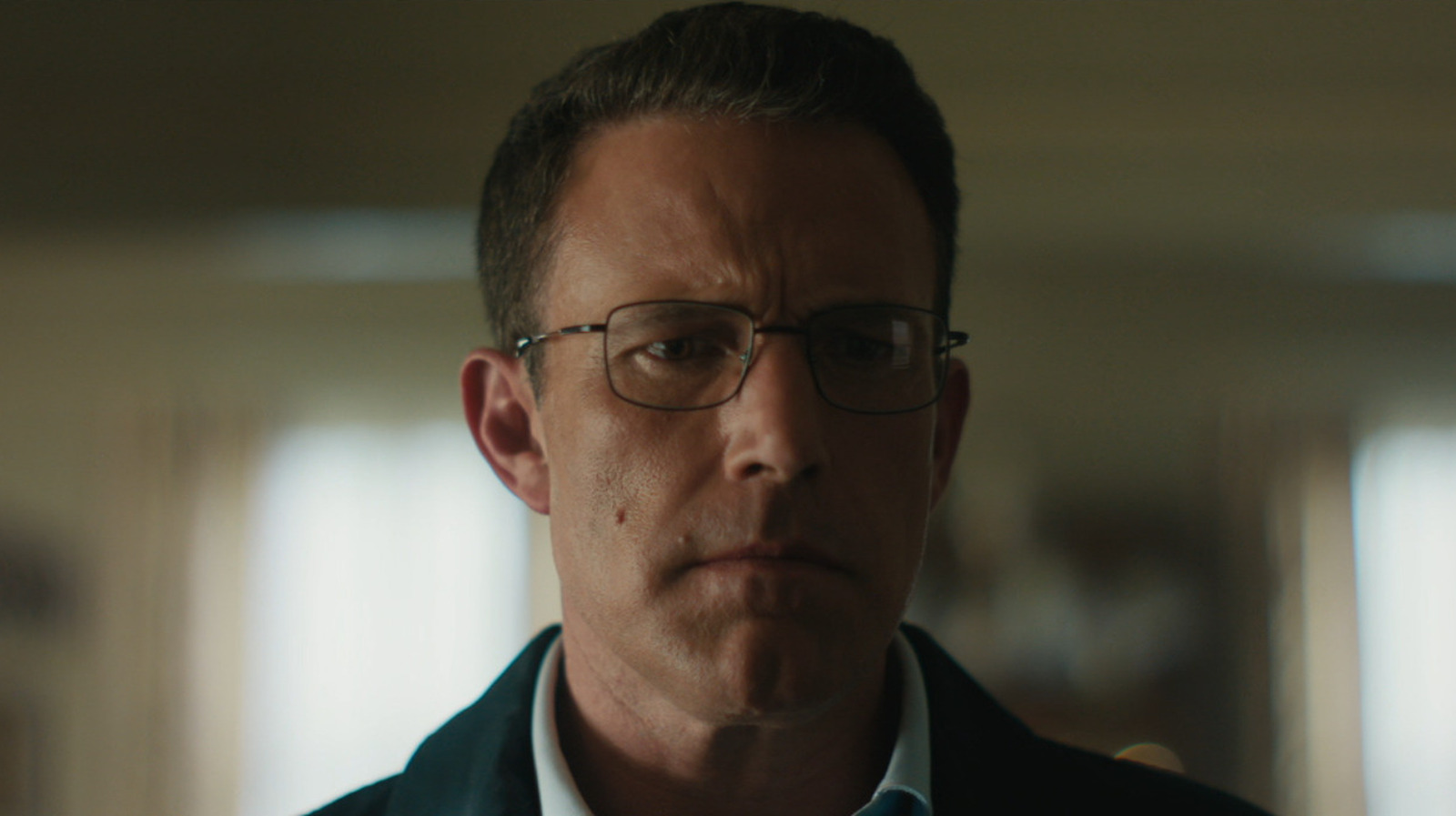







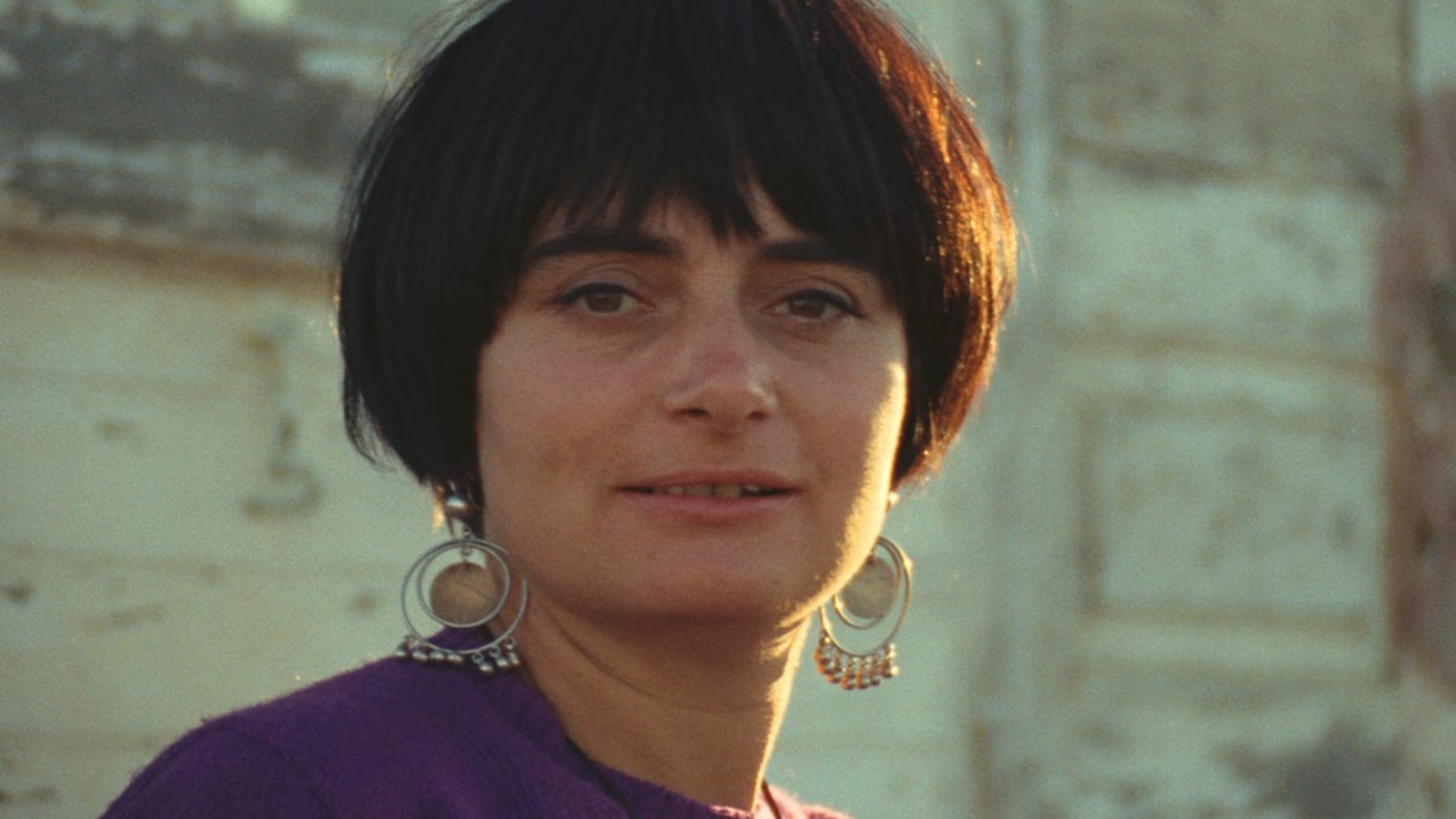
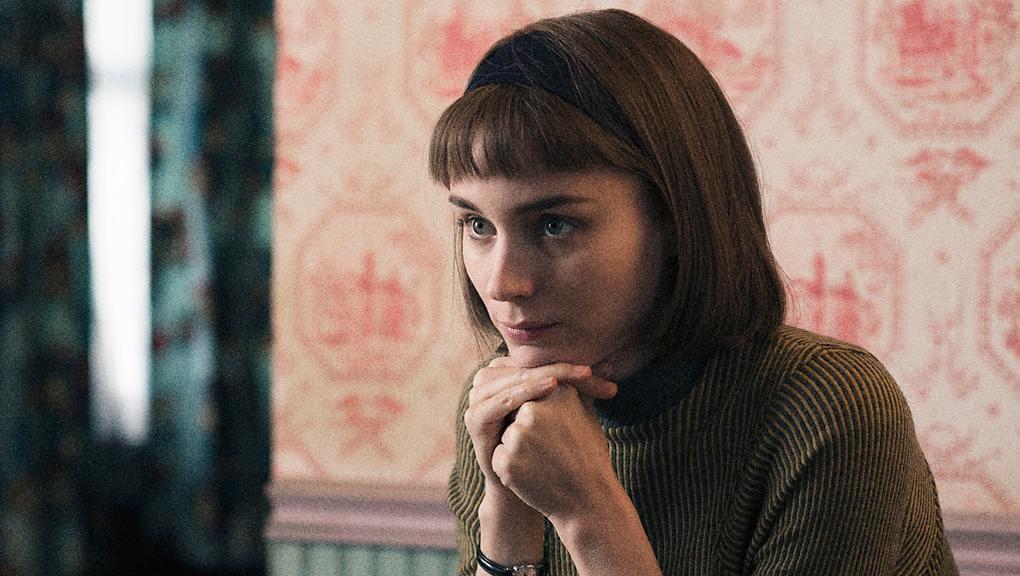
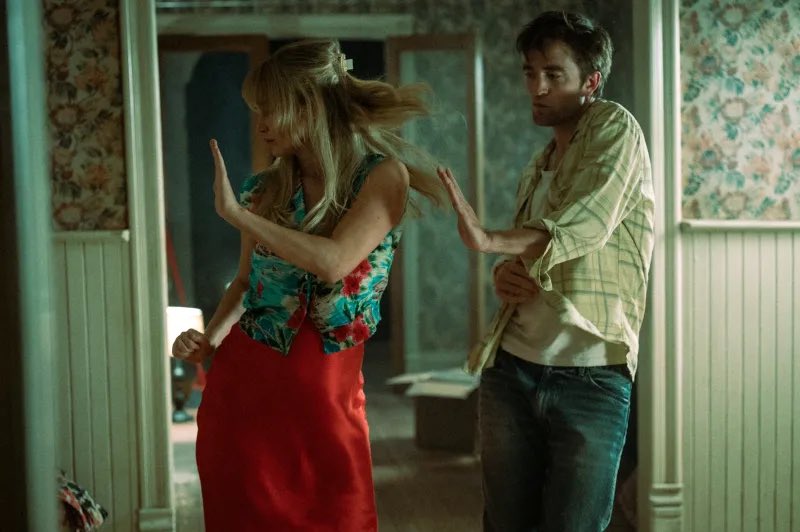





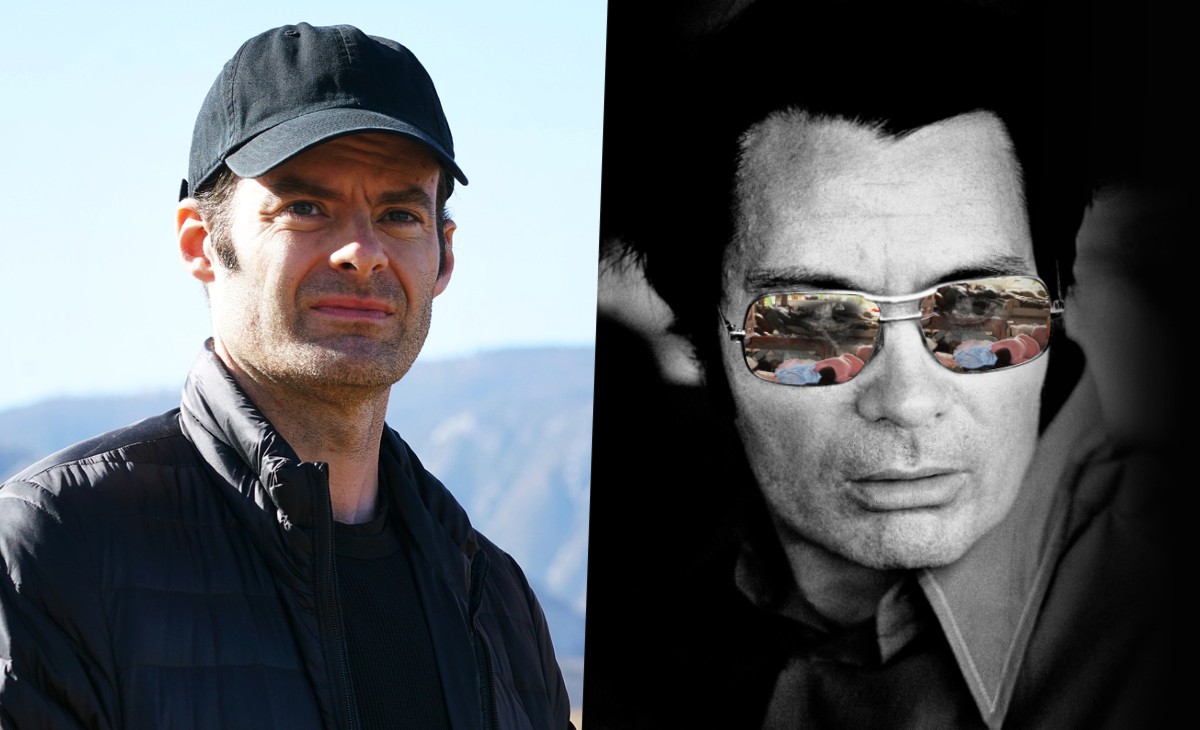























































































































![Last Chance Before Southwest Ends Open Seating: 90s Legend Kato Kaelin’s Barf Bag Hack Scores Empty Middle Seat [Roundup]](https://viewfromthewing.com/wp-content/uploads/2025/04/kato-kaelin-southwest.jpg?#)























-Classic-Nintendo-GameCube-games-are-coming-to-Nintendo-Switch-2!-00-00-13.png?width=1920&height=1920&fit=bounds&quality=70&format=jpg&auto=webp#)










.jpg?#)
















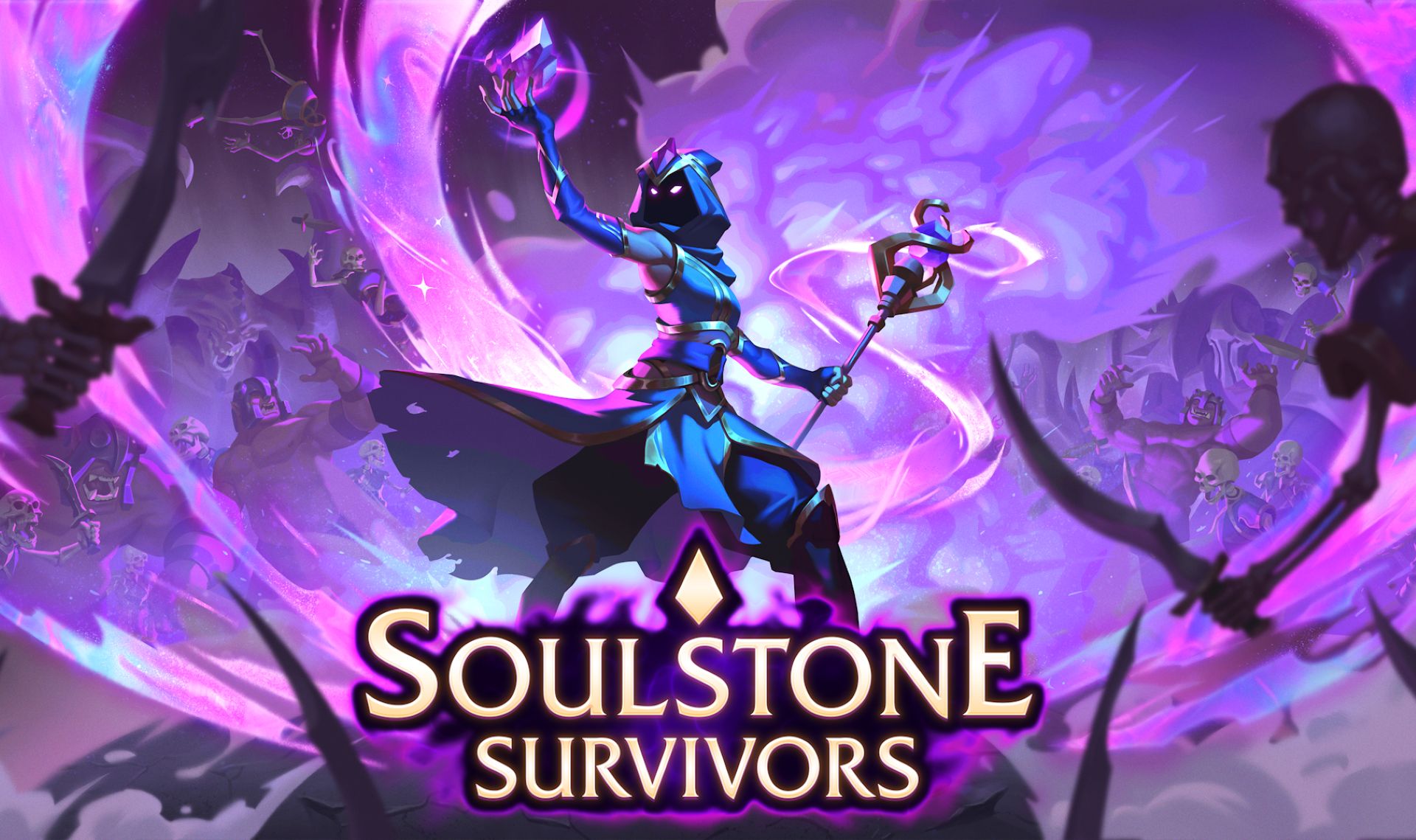























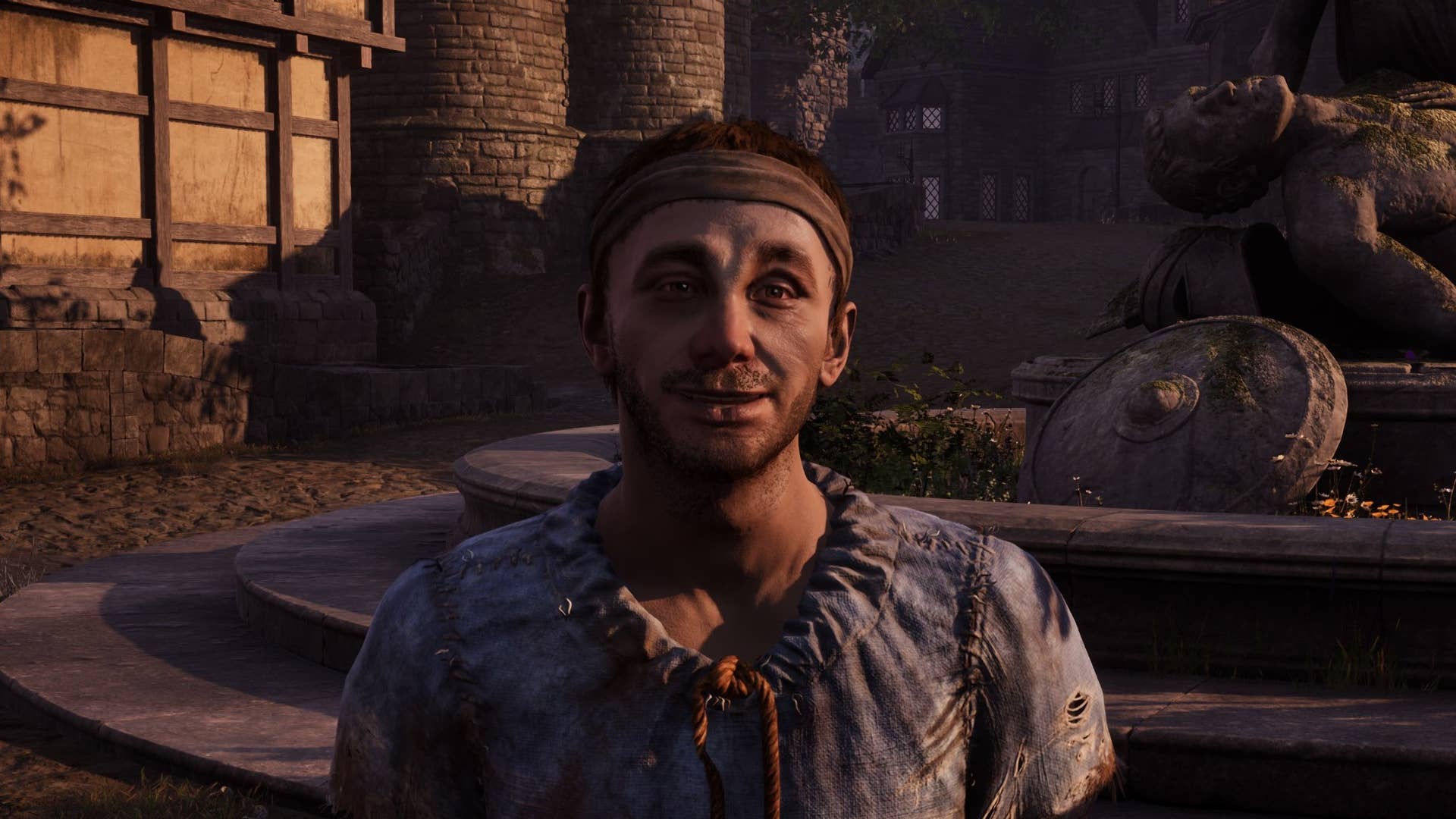






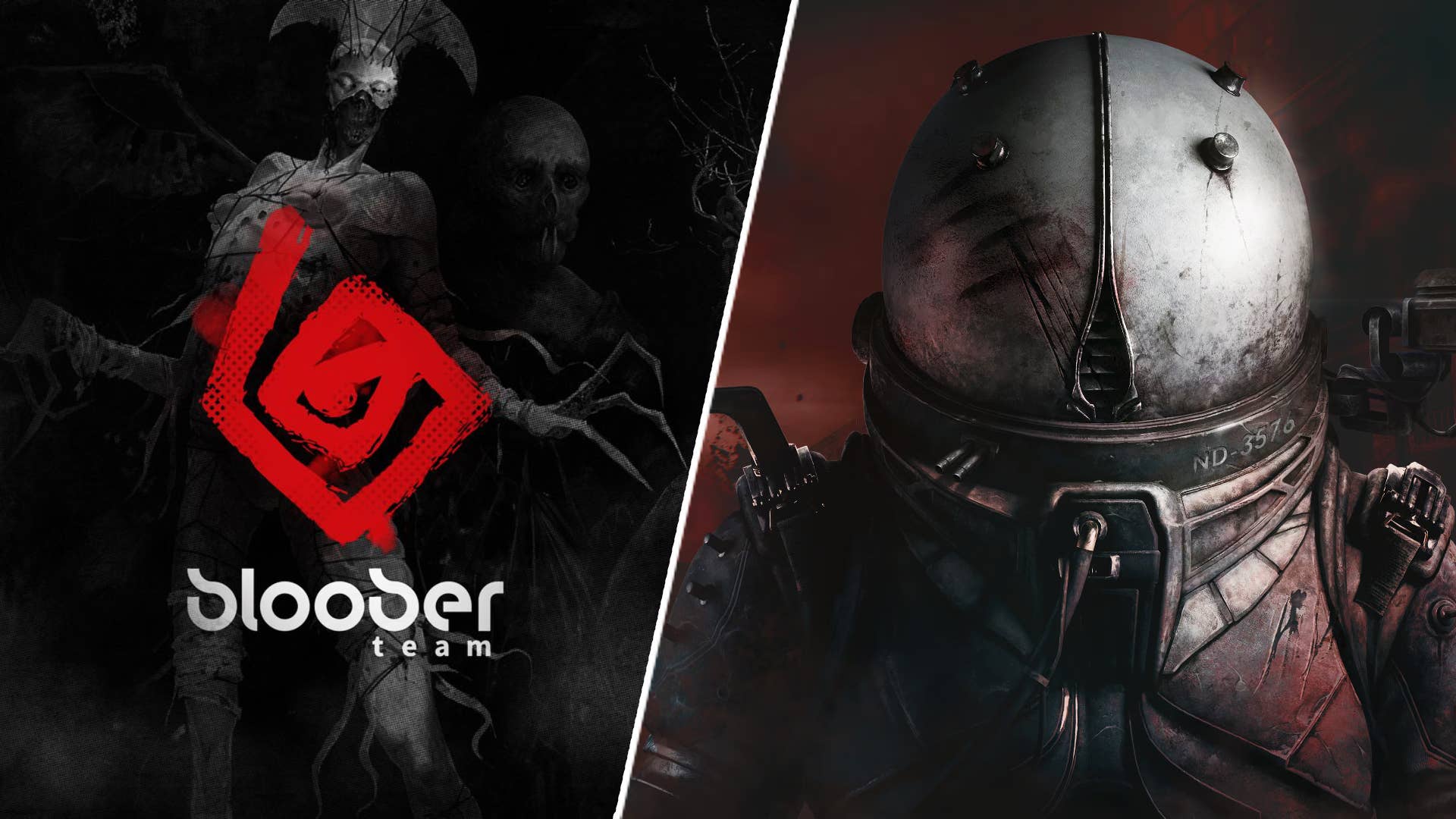



































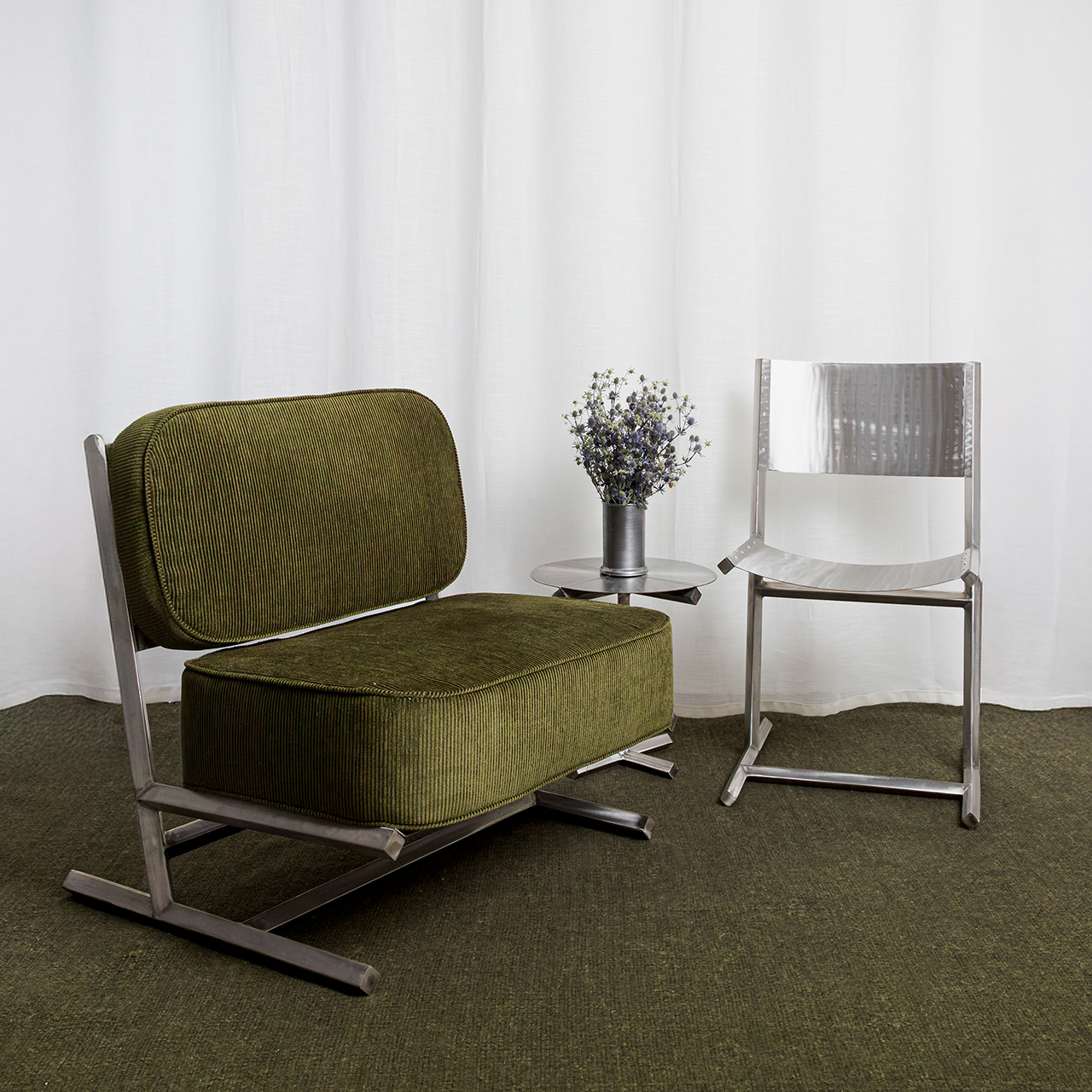



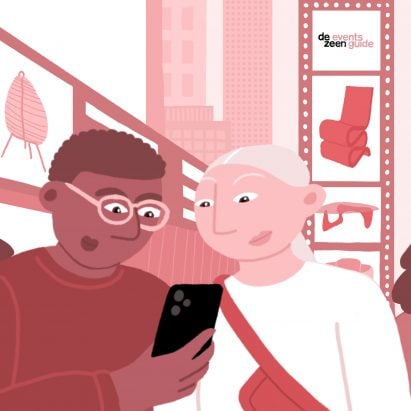















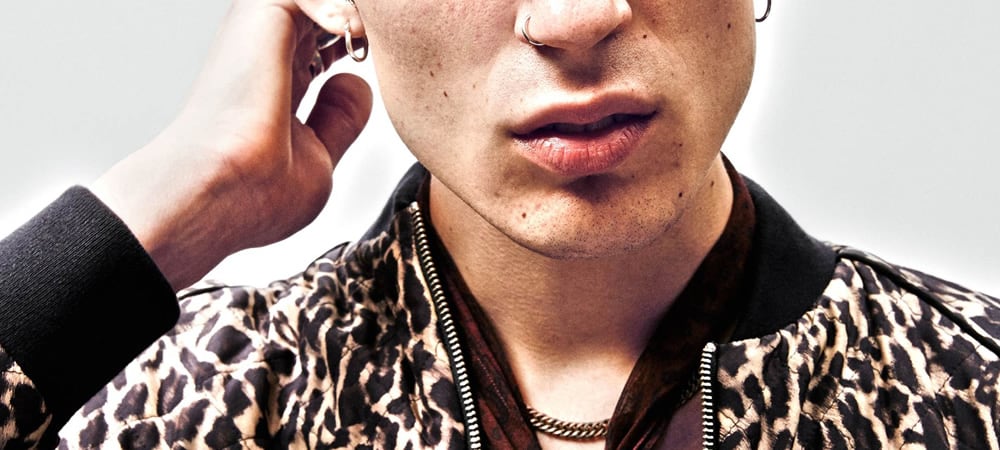



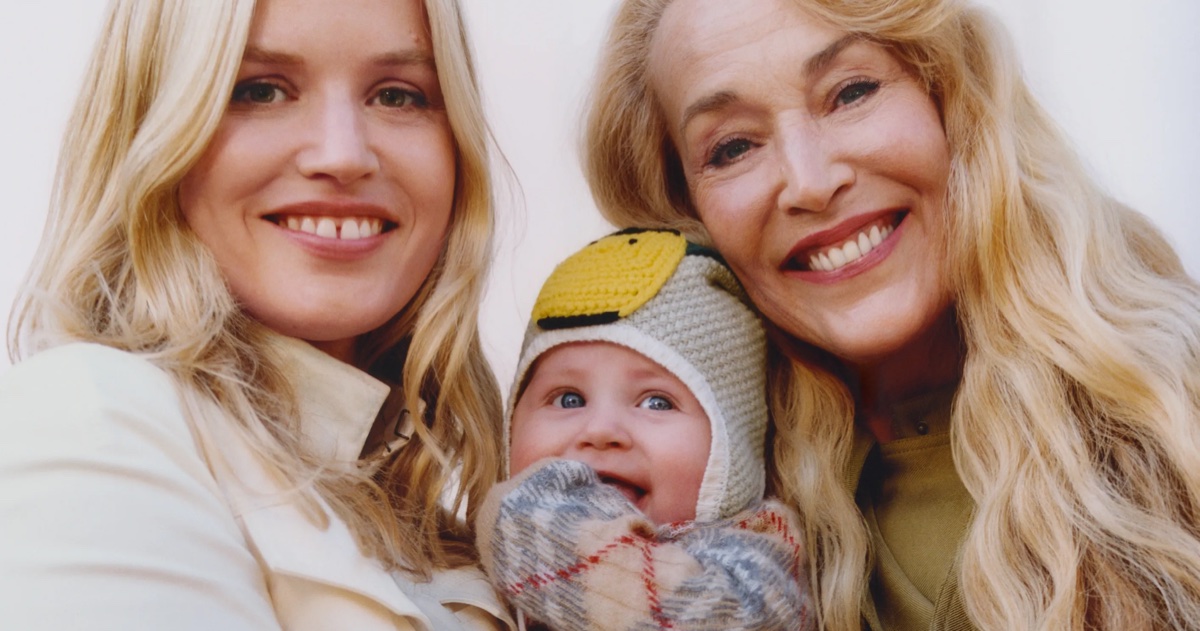



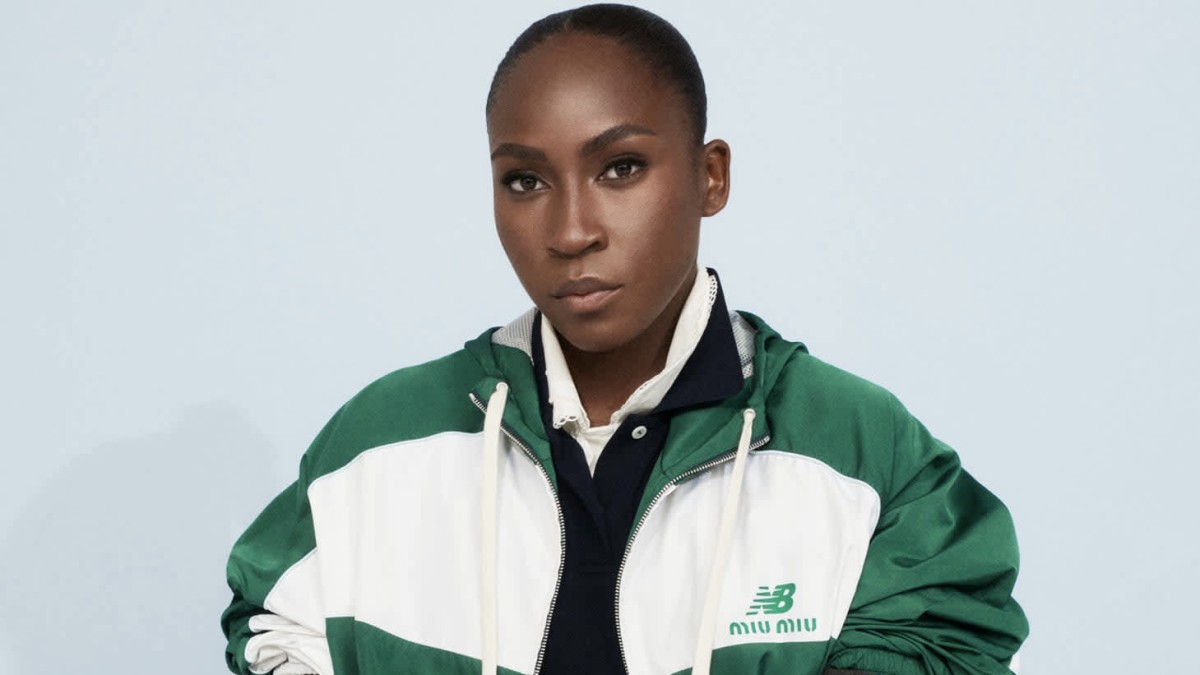

















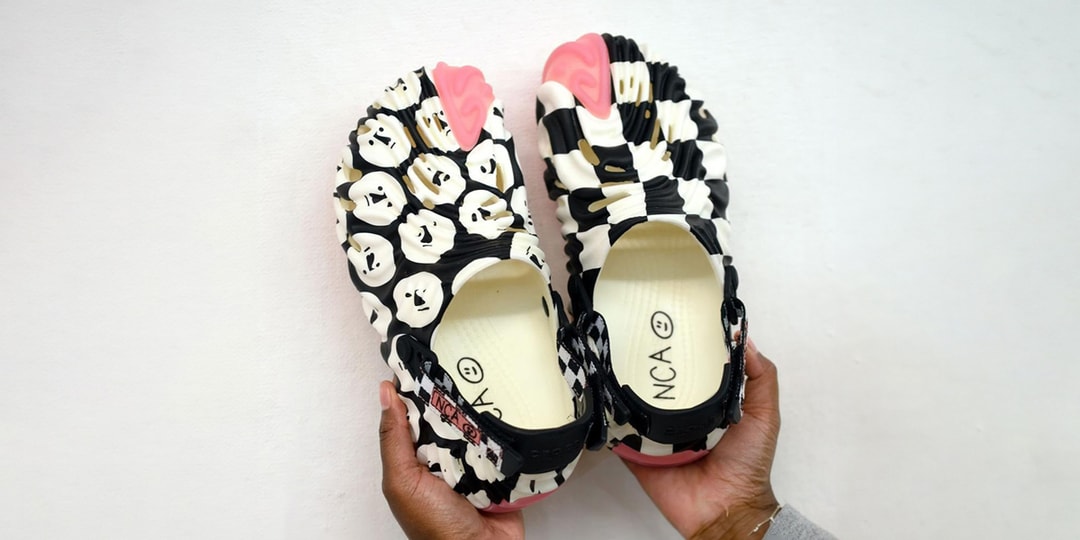
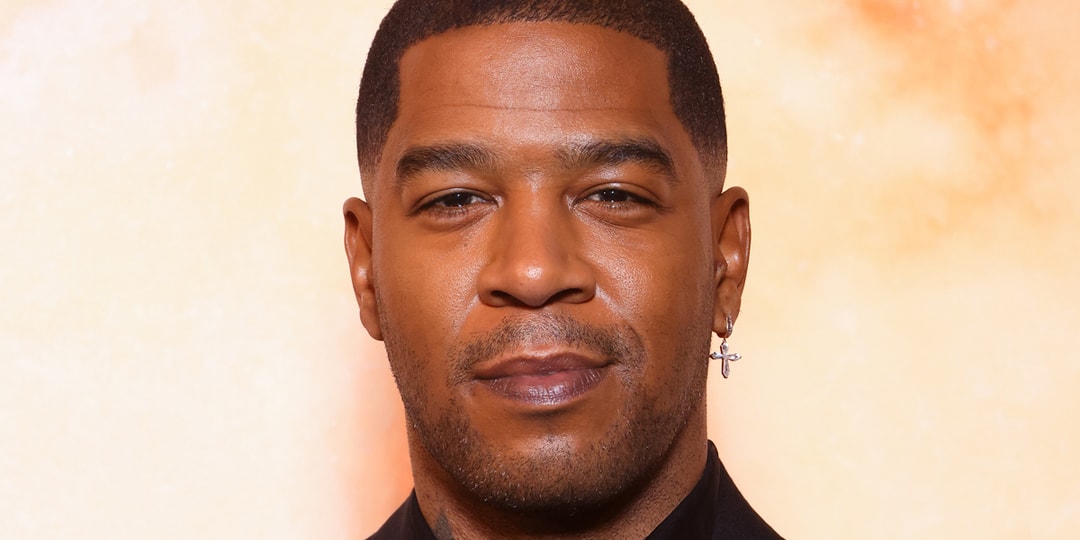
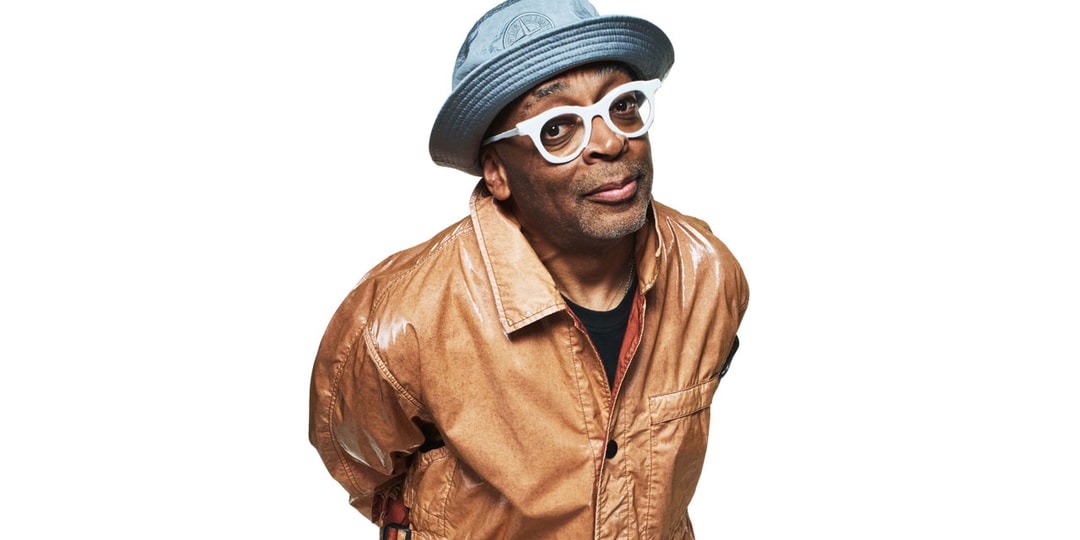

![[Podcast] Unlocking Innovation: How Play & Creativity Drive Success with Melissa Dinwiddie](https://justcreative.com/wp-content/uploads/2025/04/melissa-dinwiddie-youtube.png)













